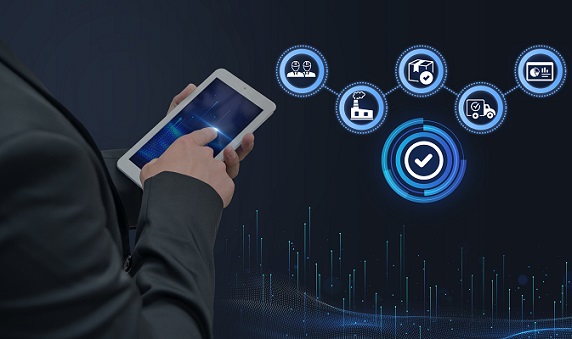Introduction:
The rapid adoption of the Internet of Things (IoT) is revolutionizing various industries, including the energy sector. With the proliferation of smart meters and other IoT devices, energy providers now have the ability to collect and analyze vast amounts of data related to energy consumption patterns. This data, when harnessed effectively, can significantly improve billing management practices, leading to increased accuracy, efficiency, and revenue growth.
Automating Billing Processes:
One of the most significant impacts of IoT on billing management is the automation of billing processes. Traditional billing systems often rely on manual data entry and processing, which is prone to errors and delays. With IoT-enabled systems, data from smart meters is automatically collected and fed into the billing system, eliminating the need for manual intervention. This automation streamlines the billing process, reduces the risk of errors, and ensures timely and accurate billing.
Reducing Errors and Improving Accuracy:
In addition to automation, IoT also plays a crucial role in reducing errors and improving the accuracy of billing. Smart meters provide real-time data on energy consumption, which eliminates the need for estimated readings or manual meter readings. This real-time data ensures that customers are billed accurately for the energy they consume, leading to increased customer satisfaction and reduced billing disputes.
Real-Time Insights into Energy Consumption:
IoT-enabled billing systems provide energy providers with real-time insights into energy consumption patterns. This data can be analyzed to identify trends, anomalies, and potential areas for energy savings. By leveraging these insights, energy providers can offer personalized recommendations to customers, enabling them to make informed decisions about their energy usage and potentially reduce their energy bills.
Improving Customer Satisfaction:
The combination of automation, error reduction, and real-time insights provided by IoT-enabled billing systems leads to improved customer satisfaction. Customers appreciate the accuracy, timeliness, and transparency of IoT-based billing. They can easily access their billing information and consumption data, allowing them to better understand their energy usage and make informed choices.
Increasing Revenue for Energy Providers:
The improved efficiency, accuracy, and customer satisfaction driven by IoT-enabled billing systems ultimately lead to increased revenue for energy providers. Automation reduces the cost of billing operations, while error reduction minimizes revenue losses due to billing errors. Additionally, real-time insights into energy consumption patterns enable energy providers to identify opportunities for upselling and cross-selling additional products and services, further boosting revenue growth.
Conclusion:
The integration of IoT into billing management practices in the energy industry is a transformative trend that brings numerous benefits. By automating processes, reducing errors, providing real-time insights, and improving customer satisfaction, IoT-enabled billing systems empower energy providers to streamline their operations, increase revenue, and deliver a superior customer experience. As the IoT landscape continues to evolve, energy providers who embrace these technologies will be well-positioned to thrive in the digital era and meet the changing needs of their customers.
